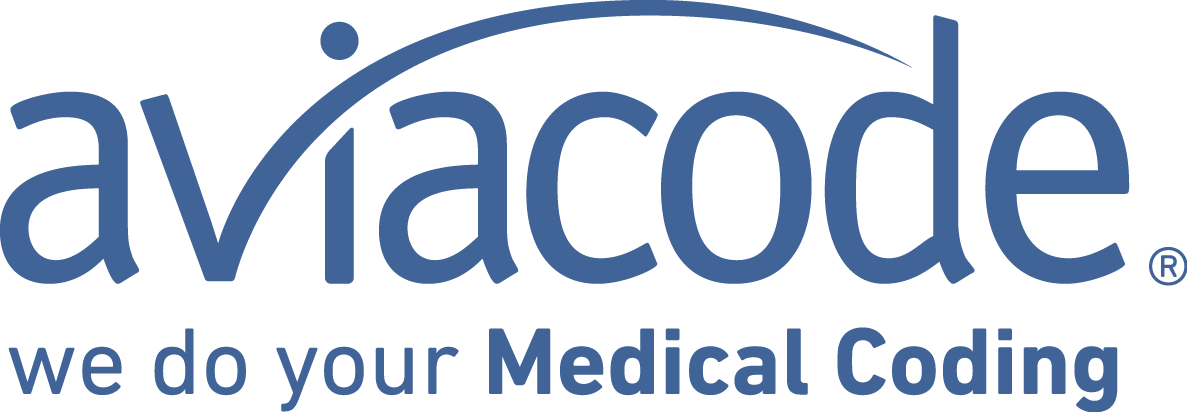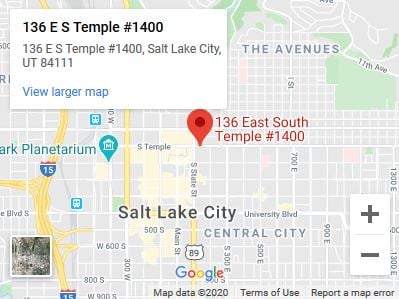For those familiar with the healthcare industry, right now you may be holding your breath as the much anticipated switch from ICD-9 to ICD-10 is only days away. Whether you work with physicians, in a third party billing company, insurance agency or see a future in the healthcare industry, this switch will inevitably effect the way your job is performed. This switch will even change the way one must prepare for a job in medical coding and the industry itself, from education and training, to benefits, work flexibility and market potential. Read on to find out why this is an exciting time to join the medical coding industry and how to land a job post ICD-10 implementation.
Industry Changes & What This Means For You
The switch to ICD-10 means that, unless granted a crossover or extension, all states will be required to process all  medical billing and documentation in the new code which increased the volume of codes by 520% or from 13,000 used in ICD-9 to 68,000 total for ICD-10. The bright side is, for those considering a career in medical coding, the switch has many healthcare providers and medical billing companies searching for well-trained and certified coders proficient in ICD-10. The US Bureau of Labor Statistics estimates a shortage of more than 50,000 qualified Health Information Management and Health Information Technology Workers by 2015. Meaning that while some degrees and programs leave you to fend for yourself in competitive, oversaturated job markets, while gaining certification in ICD-10 will leave you with many potential prospects in a secure and growing market.
medical billing and documentation in the new code which increased the volume of codes by 520% or from 13,000 used in ICD-9 to 68,000 total for ICD-10. The bright side is, for those considering a career in medical coding, the switch has many healthcare providers and medical billing companies searching for well-trained and certified coders proficient in ICD-10. The US Bureau of Labor Statistics estimates a shortage of more than 50,000 qualified Health Information Management and Health Information Technology Workers by 2015. Meaning that while some degrees and programs leave you to fend for yourself in competitive, oversaturated job markets, while gaining certification in ICD-10 will leave you with many potential prospects in a secure and growing market.
ICD-10 Training, Certification & Resources
This is the time to join the healthcare industry as a medical coder, but what is the best way to do it? There are so many different exam prep courses and online classes, how do you find the right one for you? The following list of resources of ICD-10 prep classes and certification info has been approved by several experts within the medical coding industry..
Prep Courses Specific to ICD-10
- AHIMA ICD-10 Awareness Training
- AHIMA Foundation Training Courses
http://www.ahima.org/education/onlineed/Programs/ICD10/acutecare
What Certification Are You Looking For?
- Certified Coding Associate (CCA)
- Certified Coding Specialist (CCS)
- Certified Coding Specialist – Physician Based (CCS-P)
http://www.ahima.org/certification/ccsp
4. AHIMA ICD-10-CM Coder Readiness Assessment Certificate of Completion
https://www.ahimastore.org/ProductDetailEAssessments.aspx?ProductID=15326
5. AAPC Certificate of ICD-10-CM Proficiency
https://www.aapc.com/icd-10/icd-10-proficiency-assessment.aspx
Land Your First Coding Job
You’ve completed your training, received your certification and now you’re ready to apply for your first coding job. Where should you start? Right now, industry leaders are looking for applicants that have training and experience. Due to the shortage of qualified applicants, many companies are proactively reaching out to individuals that meet that criteria. This means you should make it easy for companies to find you. Take the time to update your LinkedIn account insuring that it’s sending out the most up-to-date and accurate information. Include your new certifications and training and make sure to list the years of experience you have in in medical coding or related fields, if any. Once you’ve taken these steps, check your account regularly for messages and new connections.
Making sure your social networks are updated regularly is important but it doesn’t hurt to be proactive in your search too. With the switch to ICD-10 and the need for qualified coders going up, companies are going to put their “best foot forward,” to get your attention. Read blogs, check out their social media and do some research about the company before you decide. You should find out what resources and benefits the company provides for its coders and then decide if it’s the right fit for you. If you are ready to connect with the company, reach out to a recruiter and make sure you include a link to your updated profile. Good luck!



